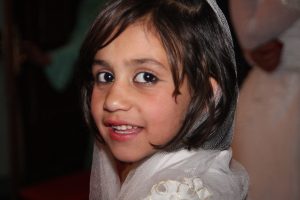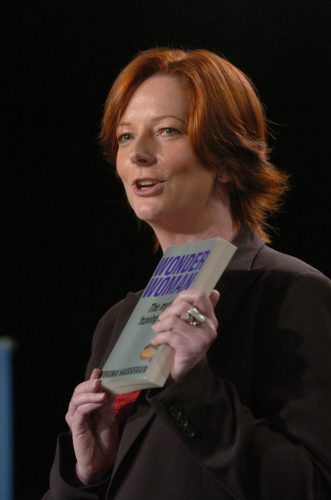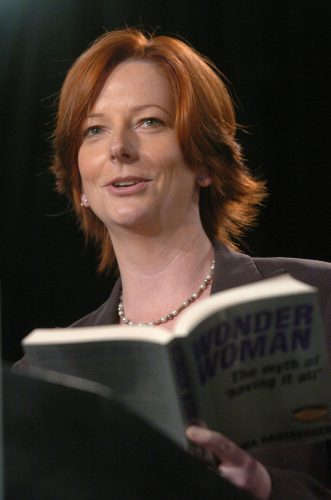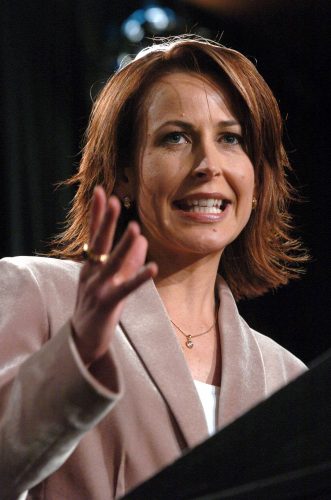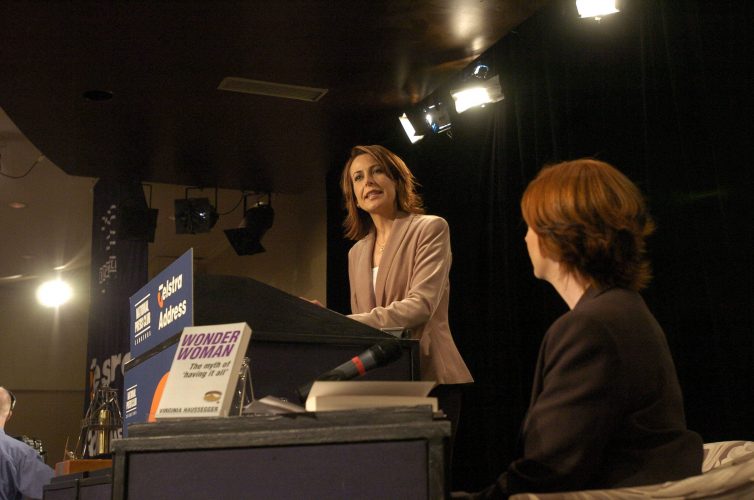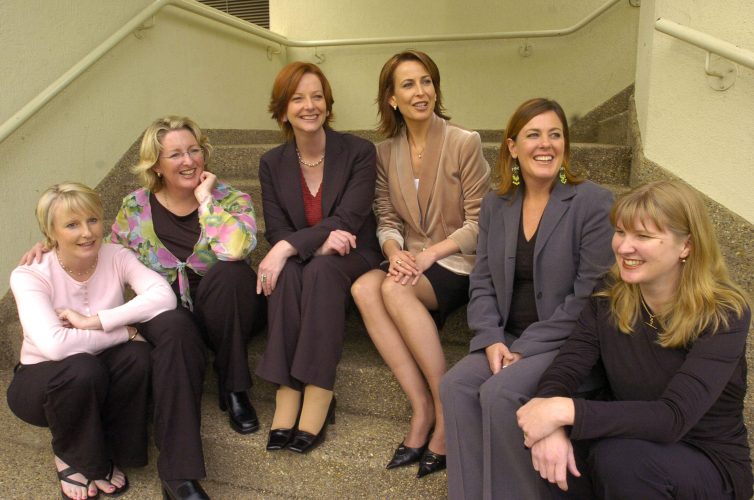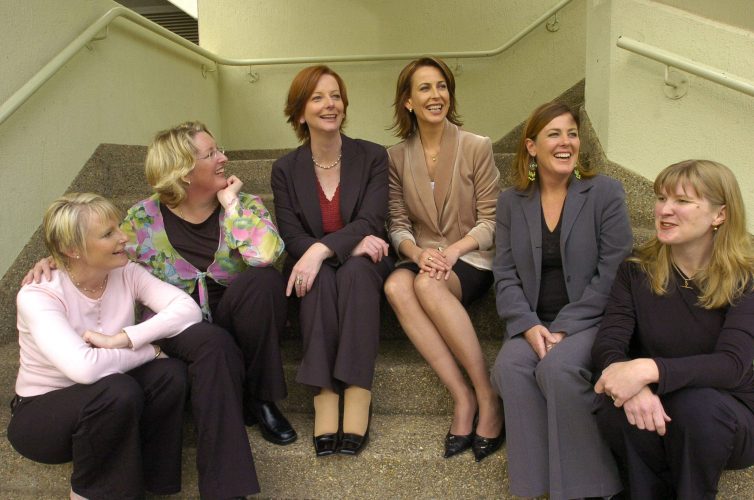For a moment I wasn’t sure if Europa was about to cry. Her huge brown eyes were fixed on the Australian soldier towering over her. He was handing her a little toy. She looked at it, then back at him. Both he and I held our breath. Finally, slowly, Europa’s face softened into a beautiful smile. She took the toy.
This was probably the first time this little Afghan orphan had encountered a friendly face in uniform. It’s hard to explain the power of that moment. Even harder to explain the value of such an exchange. But I got the feeling it will be lasting – for both of them.
And yet, beyond the walls of this orphanage in Kabul, no exchange is this straightforward. And very little makes sense.
What are we doing in Afghanistan? The case for Australia’s involvement in this war has never been clearly explained.
If this is a war against terrorism, we’re losing – badly. Terrorist attacks are more prevalent and sophisticated than ever before. And they’re happening well beyond the borders – or control – of Afghanistan. We need no reminding of Jakarta, Bali, Mumbai, London or Madrid. Nor do we need reminding that Australia too is now a key terrorist target.
If this is a war primarily against the Taliban and al-Qaeda, how much responsibility are we – as United States allies – prepared to take, for creating these monsters in the first place? Arming, training and supporting those who have now turned their fighting skills against the West. And how much responsibility do we take for sitting on our hands for five years, while the Taliban was in control and brutalising the women of Afghanistan? Why didn’t we hear the call for foreign help then?
Not even General Stanley McChrystal, the recently installed commander of operations in Afghanistan, will try to suggest this war is being won. The best he can say is that it’s ”tough, very tough”. He insists it’s not about killing the enemy or taking ground, instead he says it’s about ”governance”. Which in theory sounds interesting. But in the context of Afghanistan’s poverty, massive unemployment, shocking corruption and lack of basic infrastructure – not to mention generations of civilians traumatised by war – to talk of ”governance” sounds glib. Clearly the war in Afghanistan is not being won. There is no ”victory” in sight. We’re not sure if victory means a partial return to ”moderate” Taliban control – which appears to be the current agenda. Or, if it means a complete annihilation of all Taliban members and sympathisers: with the instalment of some other stronger and kinder faction in their place. With victory so unclear, there can be no credible timetable to end this war.
So why then is Australia’s defence chief now talking about a withdrawal strategy? On Tuesday Angus Houston said that within ”four [to] five years the job will be done”. Does this signify a retreat? A hand-back to local factions to fight it out among themselves, because we’re bereft of ideas or strategies to sort out this unholy mess?
At this point I must confess I am deeply torn by Afghanistan. And little Europa, her orphan sisters, their friends and all the little girls like them are the reason why. Five years ago I clipped a newspaper photo which showed a dozen young and bedraggled Afghan girls standing in scrub, north of Kabul. They were aged between about five and 12, and yet looked like weathered old widows in children’s bodies, with dark and bereft expressions.
Recently I travelled through that same area and into the majestic Panjshir Valley, to visit the recently opened Abdara School for Girls. Tucked away deep within the valley, where roads are little more than winding, rocky goat tracks, I was staggered that anyone could even contemplate building a school here, much less do it. But Australians did. Built entirely with Australian donations and determination, this little school is now educating 200 girls. None of them have ever been to school before, and this is their only shot at an education. Like most of the women in the valley, their mothers can’t read or write. But now, for once, there’s a chance that a generation of girls might just get the helping hand they need to lift themselves above the poverty, illiteracy and unemployment that has kept their families subservient to feudal systems and tribal factionalism. Unlike the sad, weary little girls in my faded clipping, the Abdara school girls simply shine with enthusiasm. Learning does that. So does hope, and a sense of optimism.
Since 2007 the Taliban has bombed, burned and closed 640 schools and waged a murderous campaign against teachers. Girls’ schools are their key target. While mired in its own chaos and corruption, the Afghan Government is not rebuilding them. But international aid organisations are. Australia’s included. If little else, this is a good reason to be there. And to stay. At least until the education of girls is understood to be a valuable weapon against Afghanistan’s violent cycle of rule by warrior and warlord. It is the key to unlocking the nation’s hidden strength and capability.
